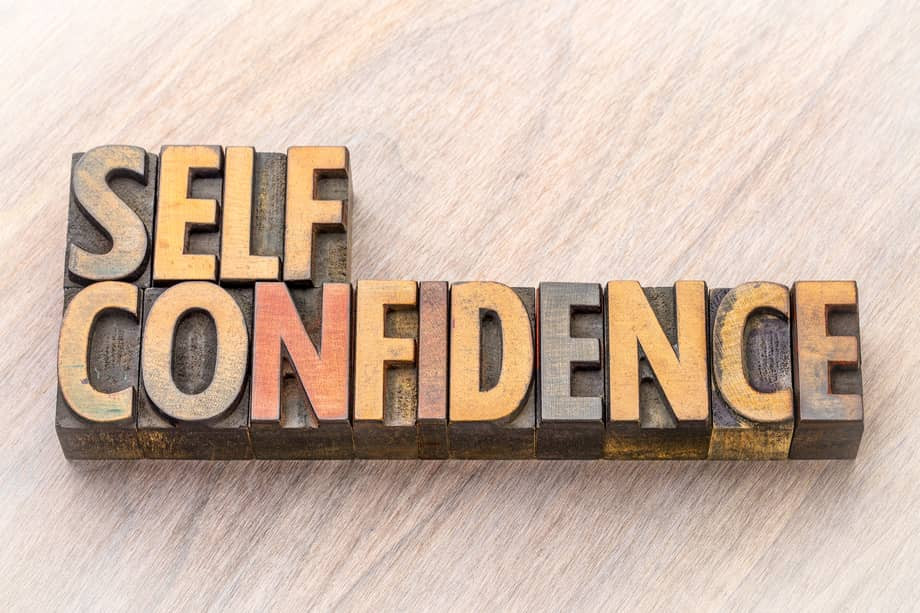Who would not like to be more self-confident and confident in appearance? Self-confidence and self-confidence are an expression of mental strength. Those who have these deal better with stress and unexpected situations. Career starters in particular often find it difficult to appear self-confident and to radiate security. But this can be increased significantly with a few tricks.
Self-confidence means not to doubt your own strengths and abilities, regardless of external circumstances. Self-confidence describes the confidence in being able to achieve success with one’s own abilities. If you lack both, you cannot meet other people on an equal footing. The desire to receive confirmation for one’s own ego is too great.

Are you afraid of making mistakes? Are you afraid of criticism? Don’t you dare to speak your mind?
A lack of self-confidence often includes fears, more precisely the fear of failure and being rejected. Insecure people need constant confirmation and recognition from the outside. This makes their self-image enormously unstable and prone to manipulation. Unlike self-confident people, people with low self-esteem are plagued by doubts. Challenges are not perceived as an opportunity but as a threat. Such uncertainties can have a serious impact on your career.
Don’t fall into the perfectionism trap
Perfectionism often leads to decreased self-confidence. It is not uncommon for striving for perfection to hide the need for attention. Of course, perfectionism also has a good side, as long as it is directed inwards and the aim is to set the bar a little higher for yourself every time. You can use it to grow and develop further. However, when your own standards are set so high that they can never be satisfied, it lowers your self-esteem. Letting things be good sometimes also shows size. Because sometimes love of detail in the job leads to tunnel vision and poorer results.

7 tips for more self-confidence
- Allow yourself to make mistakes and see them as an opportunity to develop yourself.
- Enjoy compliments and don’t question them.
- Constructive criticism improves your work. Do not take this personally, but see it as an asset and an opportunity to grow.
- Express your wishes and make suggestions for improvement. Dare to set limits and sometimes turn down someone’s request. Don’t let yourself be taken advantage of and now and then put your own interests in the foreground.
- Pay attention to your appearance: the body language reflects your inner attitude. Do not make yourself small and try to exude calm and serenity. Look the other person in the eye while you are talking. An open attitude and direct eye contact have a positive effect on the other person and at the same time on your self-esteem.
- Build relationships. When you have people in your professional environment whom you trust, you no longer feel alone. This strengthens self-confidence.
- Don’t hold onto your weaknesses. Accept them and focus on your strengths. Each person has different skills and is particularly good at something else. Any success, no matter how big or small, is proof that you can overcome difficulties and achieve whatever you set out to do.
Whether you are perceived as self-confident always depends on how you look at yourself. Oftentimes, the perception of yourself and that of others does not match. So be lenient with yourself.